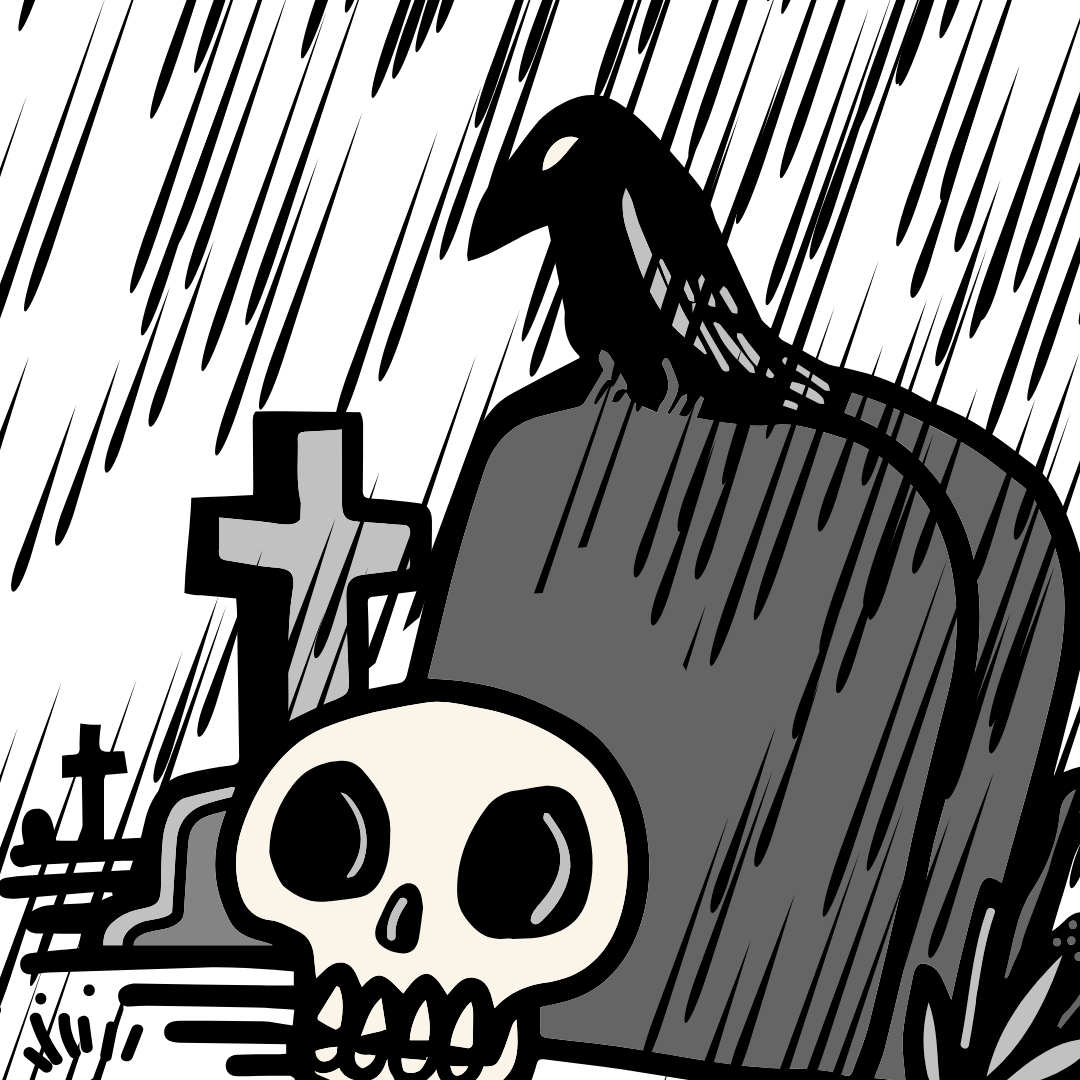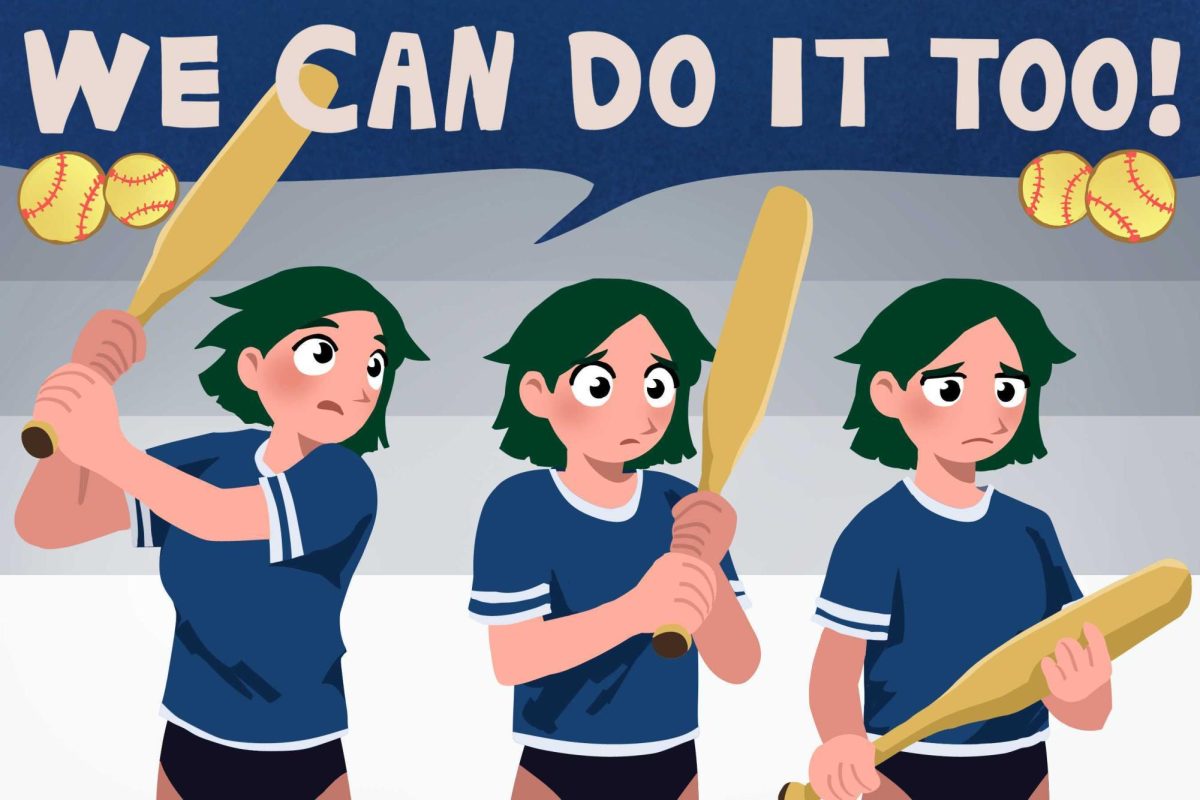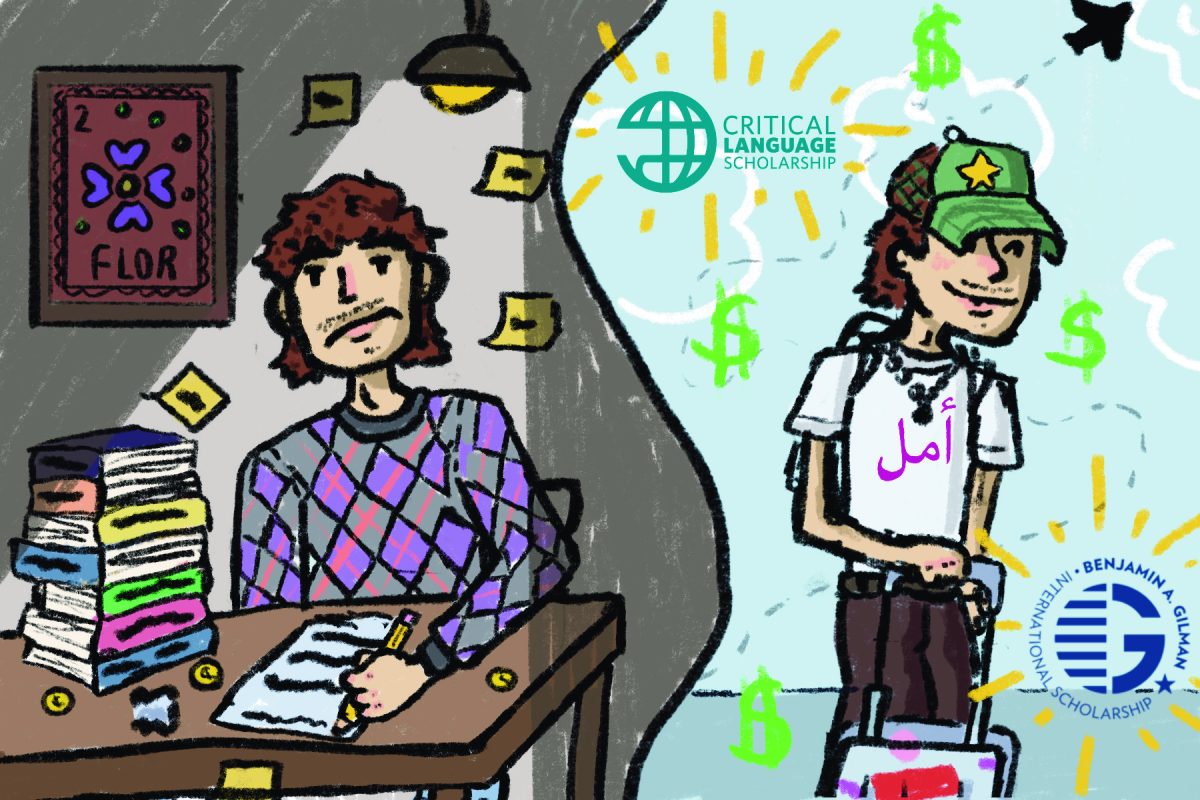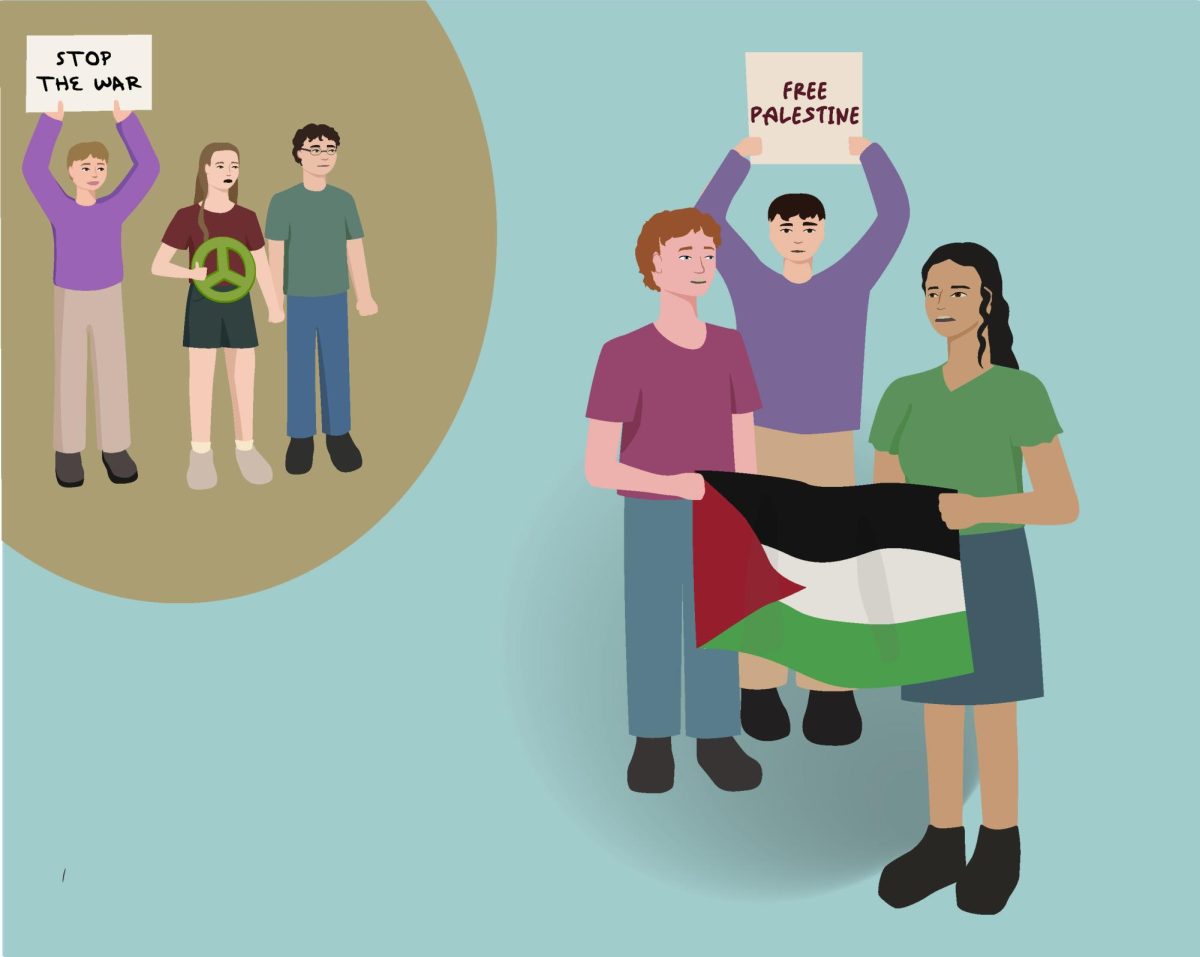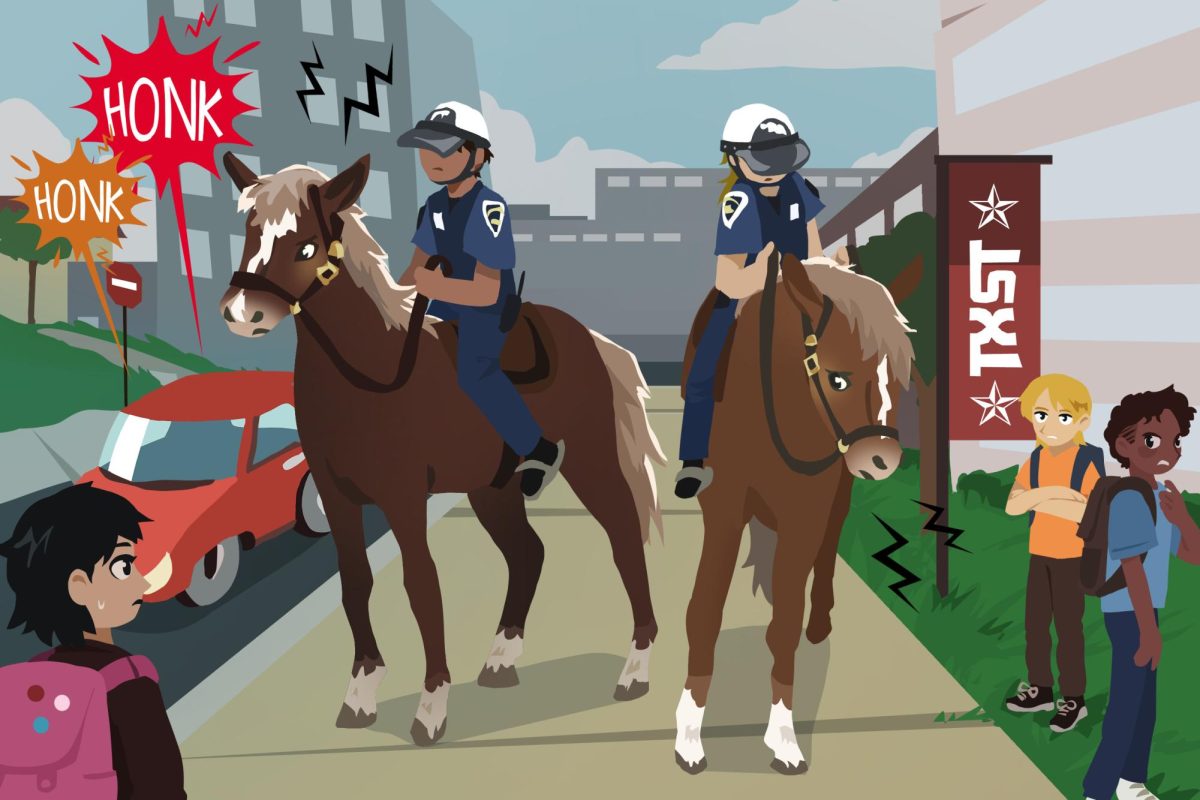The Trump administration wishes to amend the Migratory Bird Treaty Act to prevent punishment of those who harm birds ‘accidentally’—creating a massive loophole that will do nothing but harm bird populations already in decline.
The Migratory Bird Treaty Act of 1918 has been protecting birds from harm for over 100 years. Since its passage through Congress in 1918, non-game-birds (any bird that is not hunted to eat, like ducks and doves) have been protected from undue harm by humans.
Though passed initially to protect birds from the extensive feather and pet trades, the MBTA has helped the federal government to hold individuals and corporations responsible for bird deaths.
For example, after the British Petroleum Deepwater Horizon oil spill in 2010 killed over 1 million birds, a violation of the MBTA was one of the 14 criminal counts BP pled guilty to. This settlement forced BP to pay $100 million to the North American Wetlands Conservation Fund, which disbursed those funds to projects benefitting wild bird species through habitat restoration and conservation.
But it is not just freak accidents like the Deepwater Horizon oil spill—punishing people and corporations for inadvertent bird kills has forced industries to implement prevention practices that can save birds’ lives, like covering open-air oil tanks, restricting irresponsible use of pesticides and taking protective measures to make power lines more visible to birds.
The MBTA provides protection to endangered species like the Golden-cheeked Warbler, which nests here in the San Marcos area, as well as more common species like the Northern Cardinal. Heavy fines—up to $15,000 per bird killed—act as a deterrent against irresponsible behavior that puts birds’ lives at risk.
Removing enforcement of the MBTA for accidental kills removes this threat, allowing every person and corporation that harms a non-game bird to avoid punishment simply by saying they ‘didn’t know.’
The next horrific oil spill will not just kill thousands of birds, but will destroy bird habitat with no regard for remediation as energy corporations get away with major impacts on our environment and bird populations—whether it be through carelessness or malice. This is an irresponsible action by the federal government in favor of big business and should not be allowed to take effect.
Luckily, it is not too late to protest this official change to the MBTA. Public comment on this proposed change is open until March 19 of this year and may be submitted on the governments regulation website or via mail to the U.S. Fish and Wildlife Service.
– Toni Mac Crossan is a biology graduate student
Opinion: ‘Accidentally’ killing birds is not an excuse
February 23, 2020
Donate to The University Star
Your donation will support the student journalists of Texas State University. Your contribution will allow us to purchase equipment and cover our annual website hosting costs.











